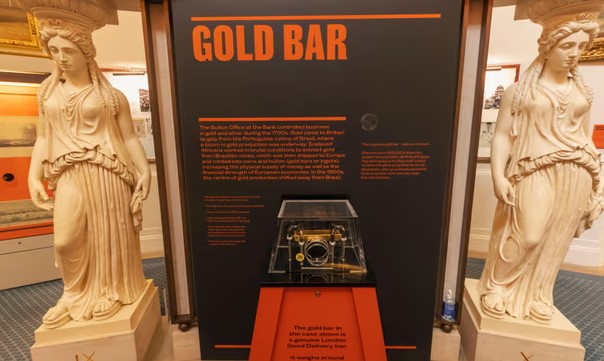The Bank of England has shelved a £250,000 plan to revamp its museum, adding at least a year to more than five years of debate about how to provide a focal point for financial education in England and Wales.
As a recently launched parliamentary inquiry into the state of financial education in English schools progresses, the central bank’s move shines a spotlight on the UK’s lowly position in international league tables for the general understanding of financial matters.
The UK is ranked 15th out of 29 countries for financial literacy by the Organisation for Economic Co-operation and Development (OECD), despite having the largest and most powerful financial services industry in Europe.
The Bank’s latest decision on the path of interest rates, due on Thursday, could send people in the UK scrambling to examine their mortgage rates if policymakers hint at an early move.
Robin Walker, the Tory MP for Worcester and chair of the all-party education committee conducting the inquiry, says the UK needs to use its expertise “to help children and adults better understand money and economics”.
“We should welcome more opportunities for them to understand the role of finance and financial services. Institutions like the Bank of England need to play a part in that education,” he adds.
In the time since officials at the Bank began considering a revamp of the only money museum in England and Wales, a string of museums have opened or been overhauled at a cost of more than £100m.
The Museum of Making in Derby, based in the world’s first fully mechanised factory has opened after an £18m project. The Imperial War Museum in London has undergone a £30.5m refit and the Museum of the Home in east London, has expanded at a cost of £18m.


